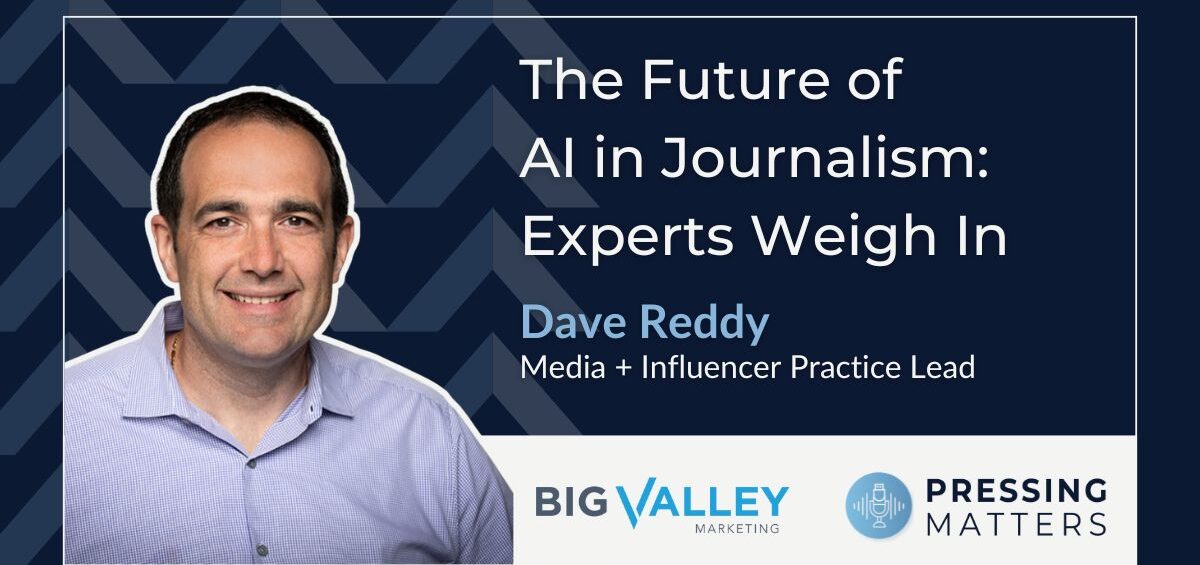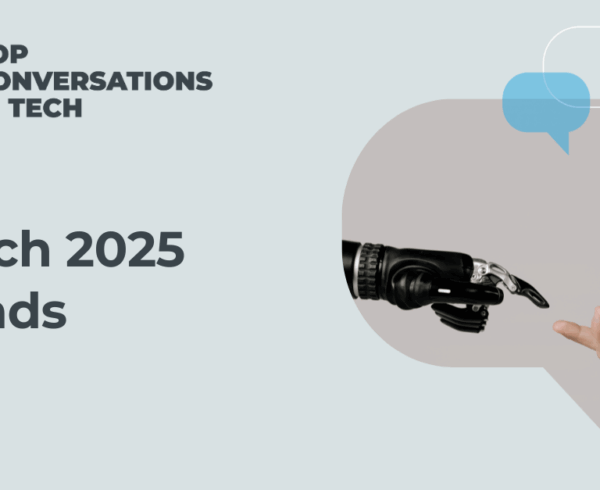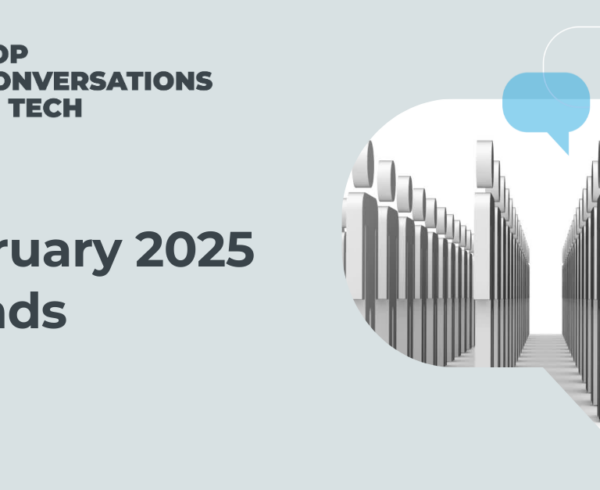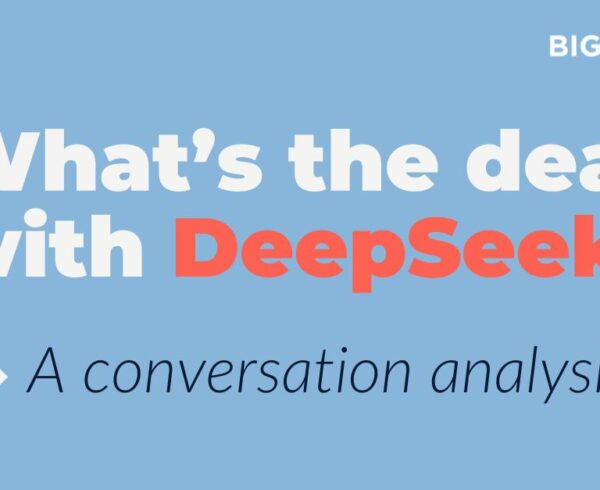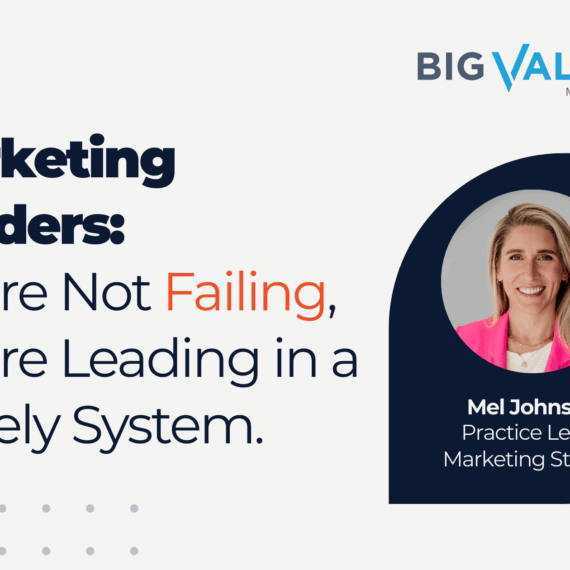Building on last year’s post about AI and journalism, Season 2 of our Pressing Matters podcast focused on asking all of our guests how they figured AI would impact the future of journalism.
A dozen episodes and 13 distinguished guests later, it’s still anyone’s guess.
Not that we didn’t try and get to the bottom of it. For the second anniversary of Pressing Matters from Big Valley Marketing, the podcast that brings you conversations with the Top 200 media and influencers in B2B Technology, I asked past guests Connie Guglielmo, now SVP of AI edit strategy at CNET, and Jennifer Strong, the host of the SHIFT podcast and a Pulitzer Fellow for AI accountability, to come back and tell me what they’ve figured out.
As two of the foremost authorities on AI in journalism, Guglielmo and Strong said they’ve learned plenty. What they still need to learn is an even longer story.
“Gen AI is a general-purpose technology that will transform the world,” Guglielmo said on our second anniversary episode, which debuted yesterday. “We’re just not there yet.”
Added Strong: “I spent enough time with this tech too to know there’s plenty that it’s still pretty stupid at. And it doesn’t mean it’s always going to be that way. It could come quicker than we think. But for now, we just don’t know.”
Diving in the Shallow End of the AI Pool
While we agree with Connie and Jennifer, that has not stopped some outlets from diving in the shallow end. For example, one tech outlet recently told us it will be going all AI. Not all AI coverage. But all AI reporting. We’ll see how that goes.
And even outside journalism, the rush to AI is affecting jobs, as The Wall Street Journal recently reported to the chagrin of tech’s most celebrated heroes: software engineers.
But how permanent such change is remains to be seen. Guglielmo says replacing writers with AI, for instance, is “a cost-cutting measure … a winning business formula, but not a pragmatic one.”
Strong isn’t sold either. “Anyone who is highly precise, working in say, law, journalism, medical,” she said, “we need to be reading our original documents, processing that information and providing what we do best, which is our synthesis, our expertise, and our knowledge.”
There are uses, to be sure. Guglielmo cited help with research and transcribing interviews as two dreadful tasks that can be augmented or replaced by AI. But going too far beyond that – for now – is bad reporting.
“There’s words for what this AI-generated, mass-produced, commoditized, somewhat meaningless content is,” Guglielmo said. “And if you haven’t heard it – I did not coin these terms – but I will tell you it’s either called AI slop, or, as Harvard calls it, bots**t.”
Tune in for Pressing Matters – Season 3!
So the conversation continues, even as influencers covering AI are starting to wonder where the beef is. As we enter Season 3, we’ll keep asking our guests how they are using AI. We’ll kick it off in October with Michael Nunez, the editorial director at VentureBeat and a board member of the San Francisco Press Club, who believes embracing AI can strengthen a free press.
In addition to Nunez, guests we’ll hear from this year include a TechTarget podcaster focused on AI, a long-time wireless networking reporter who will preview Mobile World Congress 2025, and two influencers producing sponsored content.
Please tune in. We can’t promise we’ll solve the future of journalism and AI. But at least we’ll have fun talking about it. Click here for our latest podcast with Jennifer Strong and Connie Guglielmo.

